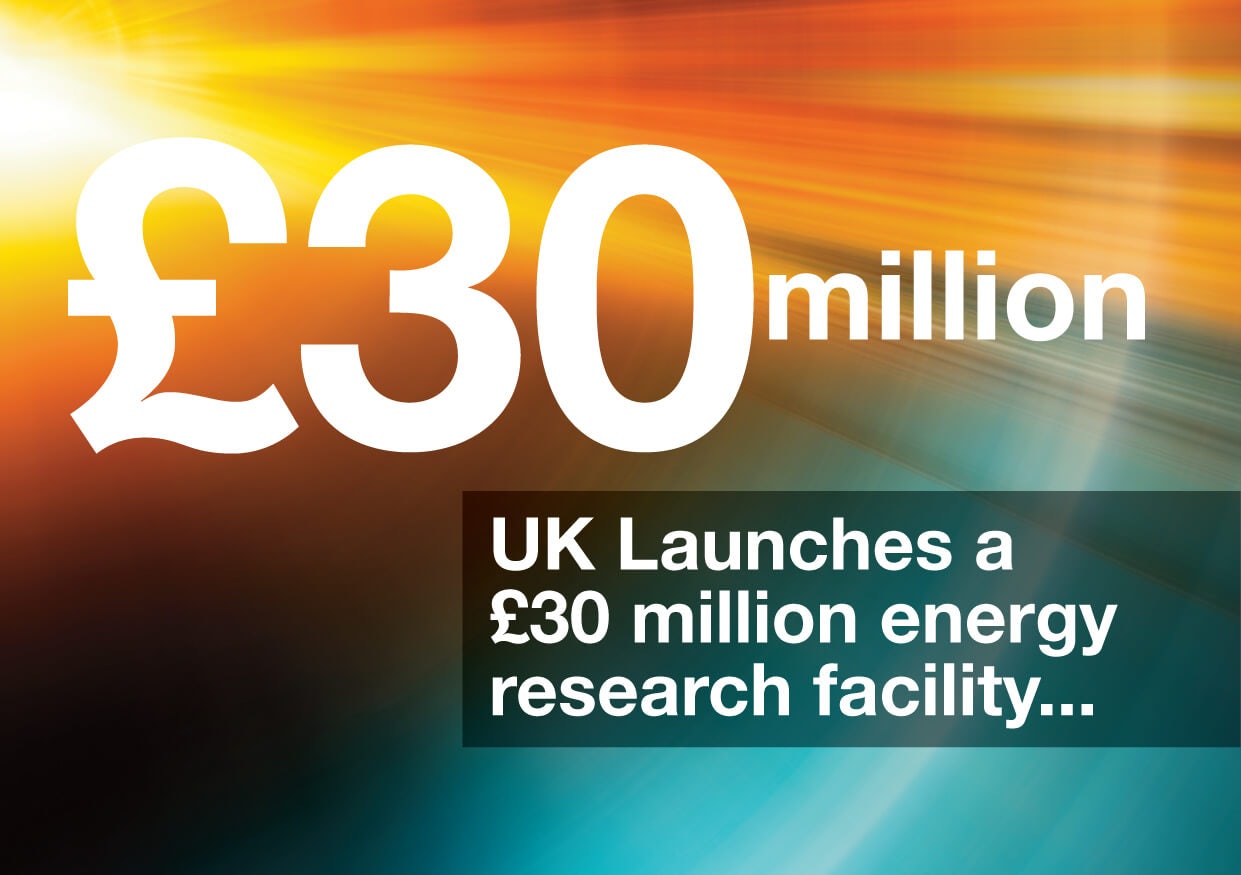UK Launches A £30 Million Energy Research Facility
Both independent and company and/or government-supported research facilities have previously been an important factor in pushing along major changes, discovering advances, and creating growth in many industries.
Energy in particular is one sector where research facilities have had a huge impact and so it is great news that the UK is now launching a new one in Gateshead, near Durham.
The initiative has been taken by Northern Gas Networks, a major gas provider across Yorkshire, North East, and Cumbria, in partnership with Newcastle University and electricity distributor Northern Powergrid. The facility, called InTEGReL – the Integrated Transport Electricity Gas Research Laboratory – is meant to become fully operational sometime during 2019 and has multiple focuses. Whilst its own goal is to develop a fully integrated zero carbon energy network in the UK, encompassing transport, electricity, and gas, it is also available for external parties to test their newest, most innovative energy system technologies and solutions in real world conditions on a large scale. Another feature it possesses is expertise and research into battery storage and hydrogen.
Costing the partners a total of £30 million, it is expected to be economically viable despite the initial sum. According to their calculations, the UK energy market is set to receive £80 billion of private funding by 2020, which will, directly or indirectly, contribute to InTEGReL. Additionally, there is a £28 million Government commitment to reduce industrial energy costs and decarbonise the UK economy; this is an advantage to the facility as SMEs have a bigger chance of thriving in a low-carbon economy through the “reduce, generate and store” approach, which will bring down costs and give rise to new trends, tested in the very same place.
In mid-September, the facility also received the support of the Secretary of State for Business, Energy and Industrial Strategy, Greg Clark, who highlighted the importance of such projects to the development of carbon-free energy solutions and, by proxy, reaching Britain’s 2050 emission reduction target.
Dashboard is particularly excited about this facility not only because it welcomes other companies and initiatives to test and trial on-site, but it is exactly what we see the future of the energy industry needing. Creative, integrated solutions are a part of the sector going forward, and researching these as early on as possible is key.
